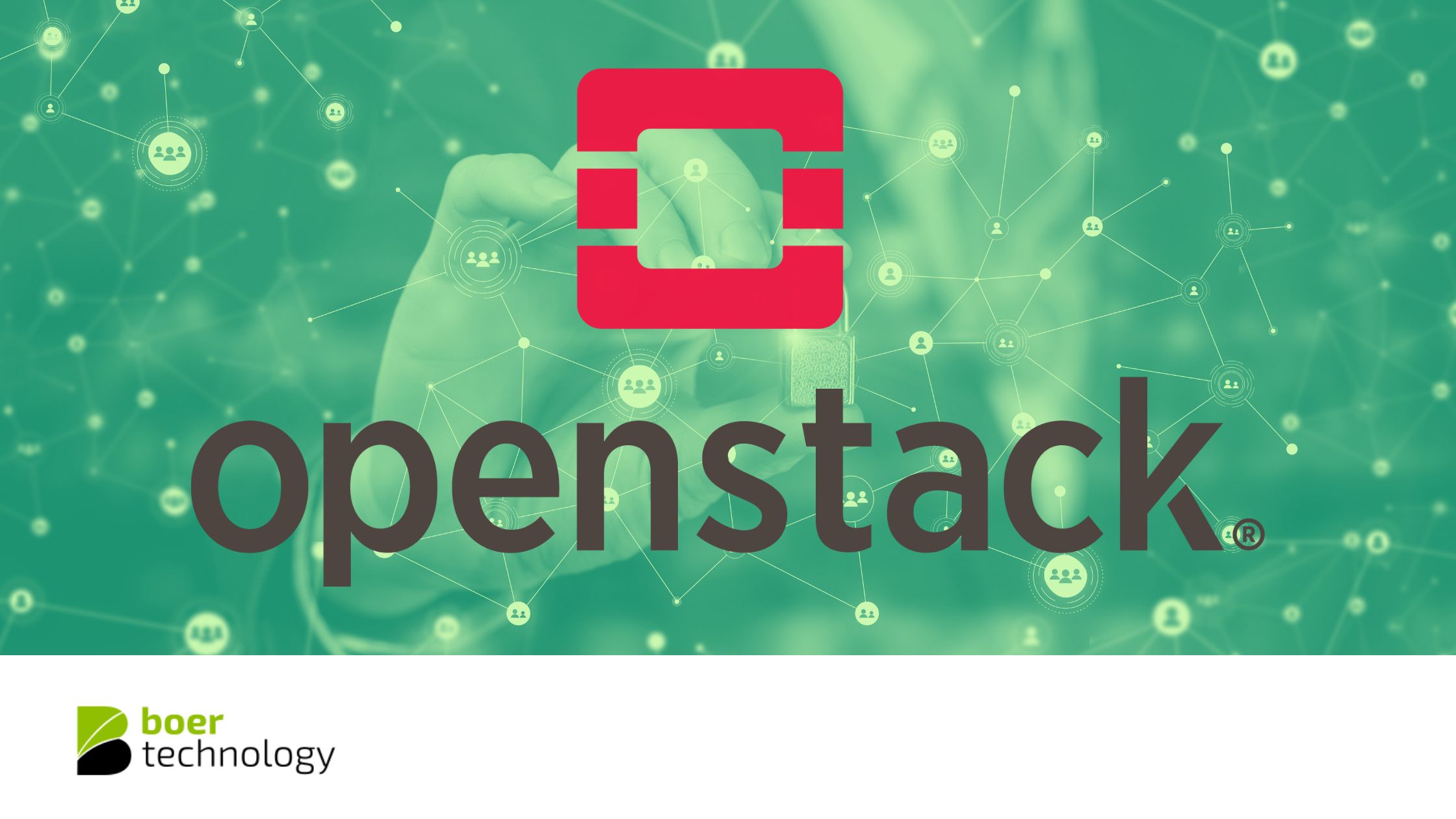
The Advantages of Using Managed Cloud Services
Managed cloud services offer businesses a wide range of benefits, from cost savings and enhanced security to improved performance and scalability.
Stay informed with the latest on Cloud and DevOps technology

Managed cloud services offer businesses a wide range of benefits, from cost savings and enhanced security to improved performance and scalability.

Managed cloud computing offers businesses a way to take full advantage of the cloud without being overwhelmed by the complexities of managing it.

Ceph provides an exceptional solution for businesses looking to build or improve their private cloud environments.

Using Ceph in a private cloud environment provides businesses with a scalable, reliable, and cost-efficient storage solution that can handle diverse workloads.

Optimizing a private cloud using OpenStack is a multifaceted process that involves careful planning, continuous monitoring, and ongoing adjustments.

Private cloud and OpenStack together create a powerful solution for organizations looking to build a customized, secure, and scalable cloud environment.